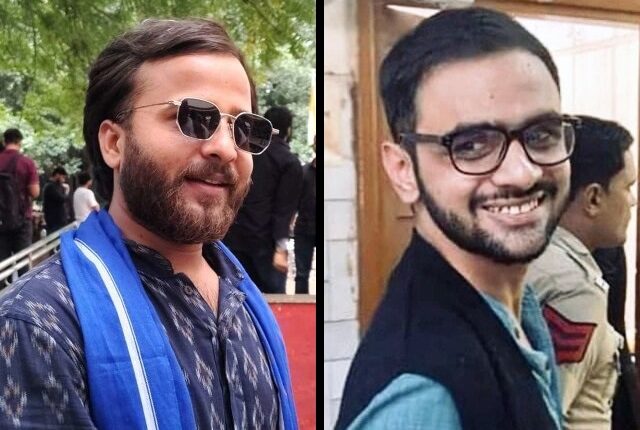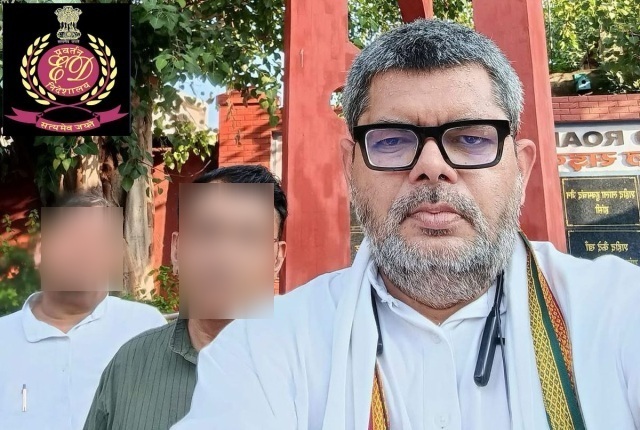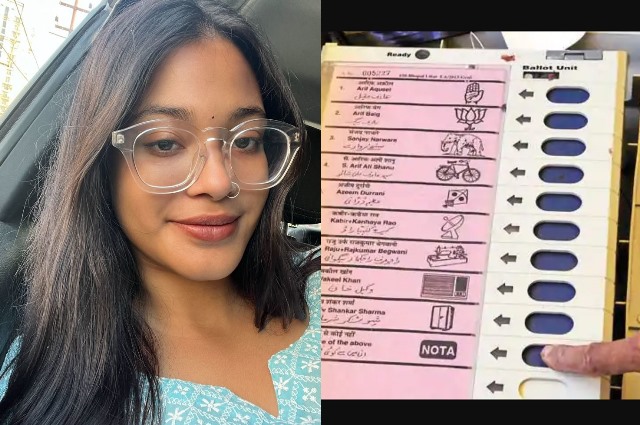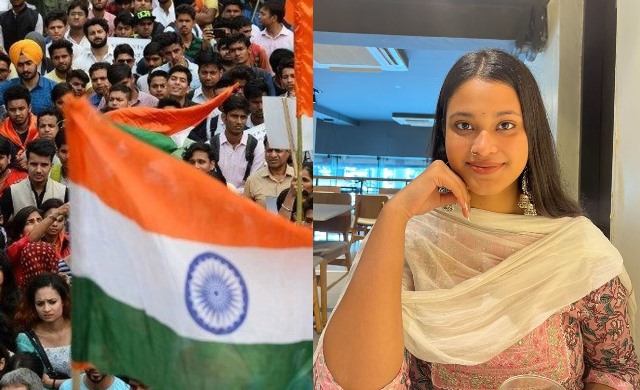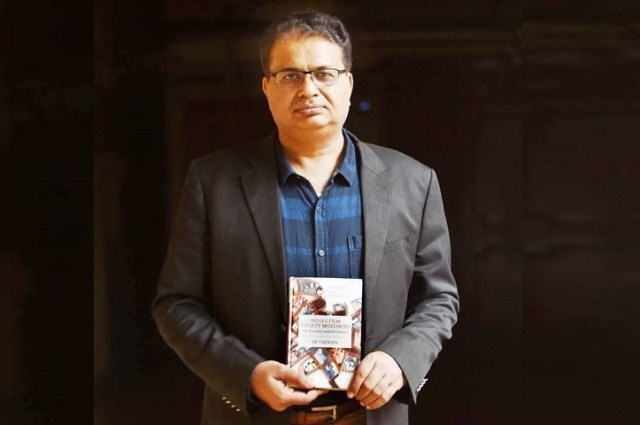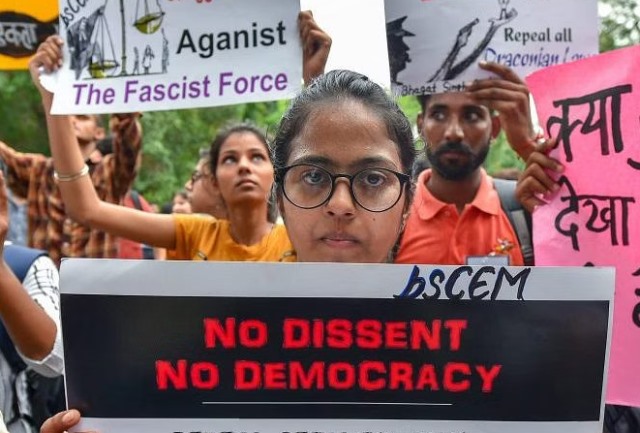Soumika Malakar, who is pursuing her Masters in Sharda University, says dissent is valid but vandalism is vain. Her views:
Another day, another headline – this time, a shoe hurled at the Chief Justice of India. What could have been a sincere debate on dissent and justice has once again turned into a theatre of irony and outrage. The so-called “shoe missile” incident has left the internet sharply exposed, dividing not just political bias but also our growing appetite for public spectacle.
When Kangana Ranaut or Rekha Yadav were slapped, social media split into moral camps – one side called it barbaric, the other side justified it as poetic justice. With the shoe thrown at the CJI, the same cycle has reversed. Those who condemned the earlier acts are laughing while those who laughed then are suddenly calling for restraint. What connects them all is not partnership but principle.
Public dissent has long been the hallmark of a healthy democracy. But where does protest end and performance begin? In the digital era, outrage often seeks an audience before it seeks change. A slap, a shoe, or an ink attack becomes a trending topic – a moment of fame for someone who mistakes fury for courage. But what does it achieve beyond a fleeting headline and polarized hashtags?
When asked, young professionals and educated women express a shared sentiment: anger is valid, but vandalism is vain. Protest, they argue, loses credibility when it turns into spectacle. Academicians echo this view- dissent must enlighten, not entertain.
ALSO READ: ‘Flinging Footwear Is Vulgar Publicity’
There are a hundred civilised ways to question authority – from petitions and debates to writing and art. But the moment we turn into performance, we insult both the Constitution and cause that allows it.
Perhaps the real challenge for today’s citizens is not how loudly we protest, but how wisely we do it. In an age of instant restraint, virality – not rage – may be the truest form of revolution.
Perhaps what we’re witnessing isn’t protest at all – it is performance politics in its most naked form. The viral clip, the shoe, the slap… each becomes currency in the economy of outrage. For some people it’s not about ideology or justice but about visibility.
In a nation where serious dissent is often ignored until it trends, even chaos has learned to be camera-ready. Maybe the real tragedy isn’t the flying footwear – it’s that we now measure conviction by how sensational the act looks, not by how sincere the cause is.
As told to Deepti Sharma

